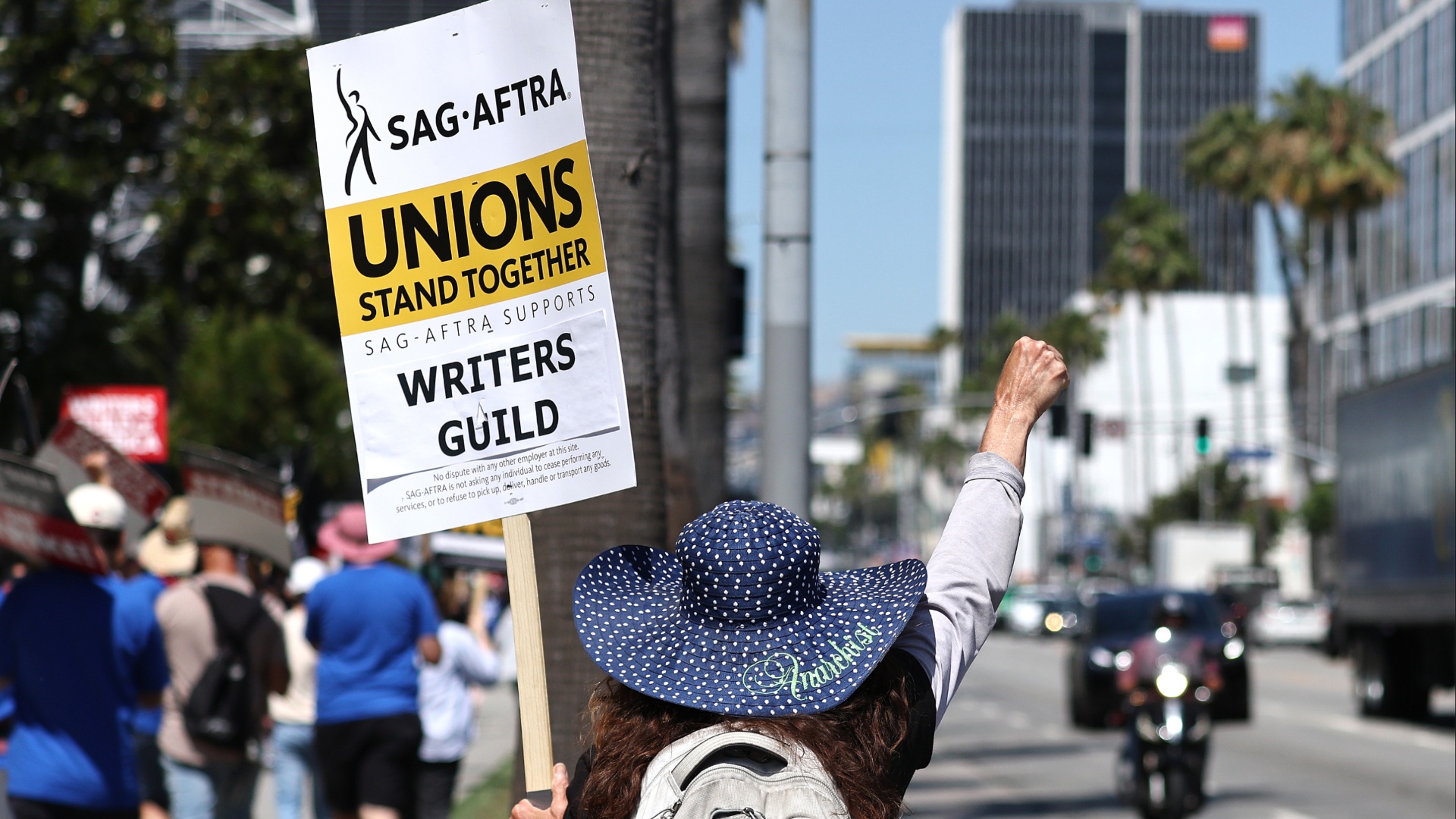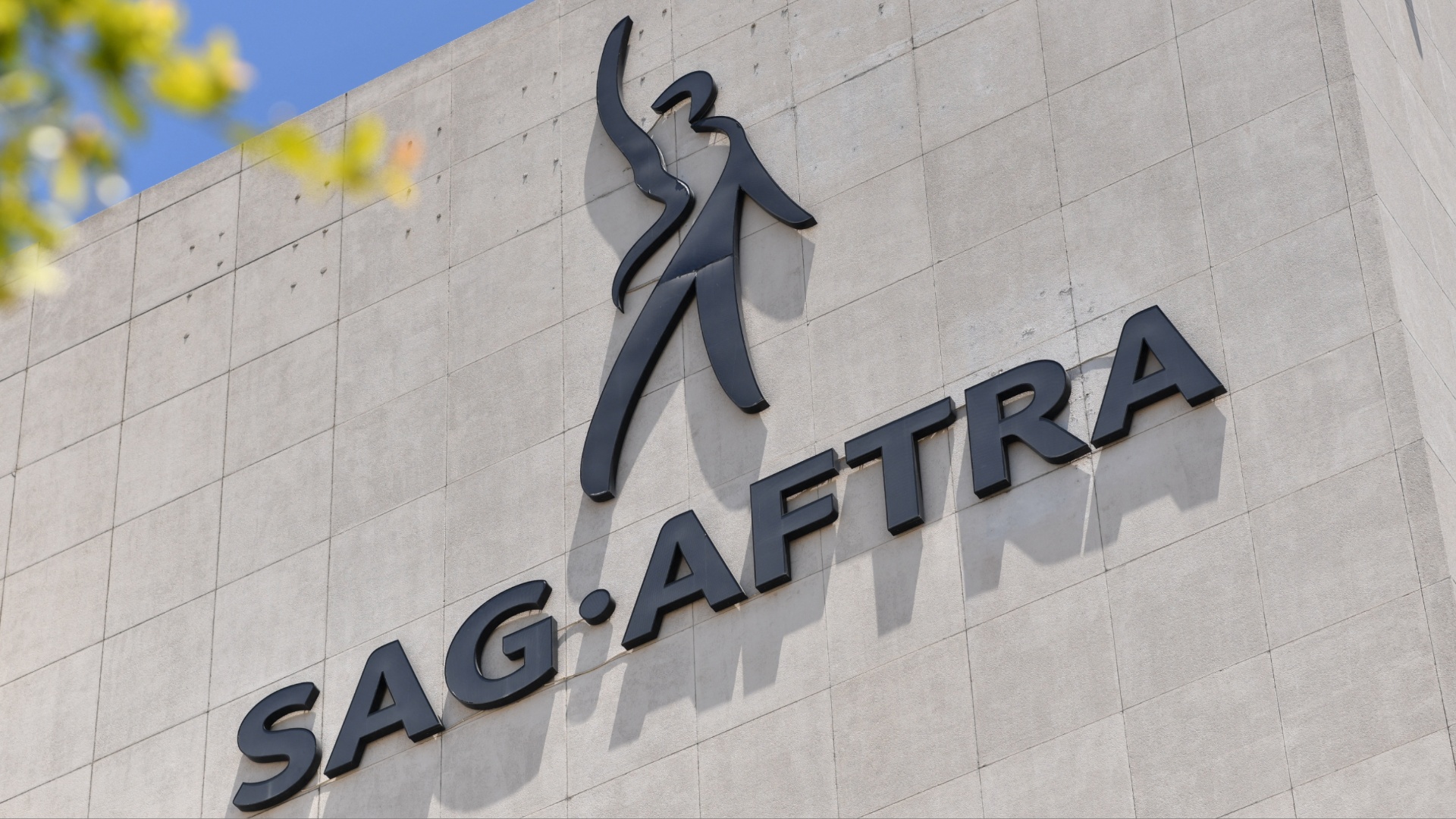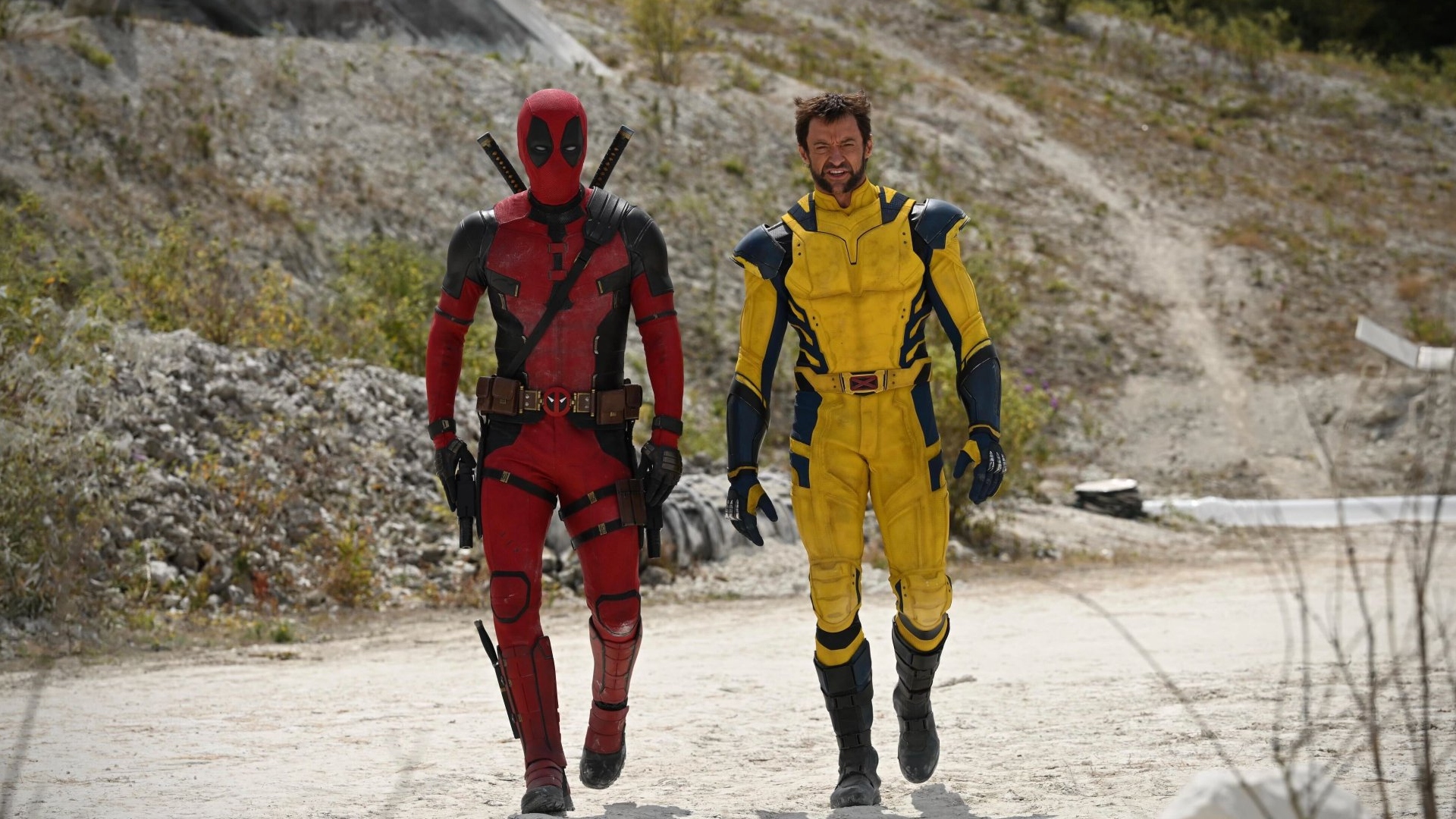The actors' strike is over: Everything you need to know about the SAG-AFTRA deal
A deal has been made – after more than three months

As of November 9, the SAG-AFTRA actors' strike is officially over. The union made a deal with the AMPTP (Alliance of Motion Picture and Television Producers) to end 118 days of strike action, the longest actors' strike in history.
With the WGA reaching their own deal back in September and the writers' strike also over, it means Hollywood can now go back to work and production can start again on movies and TV shows. But what, exactly, does the deal entail? We've got the lowdown on what agreement has been reached, as well as a reminder of why the union was striking and what it means for audiences.
What is SAG-AFTRA?

SAG-AFTRA stands for the Screen Actors Guild – American Federation of Television and Radio Artists. It's a union that represents around 160,000 film and TV actors, radio personalities, and other media professionals, which was formed in 2012 after SAG and AFTRA combined to form one organization. Members include Jennifer Lawrence, Ben Stiller, Kevin Bacon, Glenn Close, and Meryl Streep.
Why were actors striking?

A contract between SAG-AFTRA and the Alliance of Motion Picture and Television Producers, who negotiate on behalf of Hollywood studios like Disney and Netflix, expired at 11.59pm on July 12. The two sides failed to agree on a new one and the union voted unanimously to go on strike until a new agreement is in place that meets their demands – the two biggest of which involve higher pay and safeguarding against the unauthorized use of performers' images with AI.
Members were striking for increased minimum pay rates and increased streaming residuals – i.e. royalty payments for work on streaming services like Disney Plus. Before streaming, actors were paid royalties based on television re-runs, but this is no longer a reliable source of income. Streaming has also marked a shift to shorter seasons of TV shows over longer periods of time compared to broadcast television, meaning less work and less income, so many actors rely on residuals.
As for demands surrounding AI, actors wanted guarantees from studios about how AI will be used going forward to protect their image being used by production companies in the future without their consent or compensation (anyone watch Joan is Awful in Black Mirror season 6...?).
What agreement has been reached?

On November 8, SAG-AFTRA shared the following with its members: "In a contract valued at over one billion dollars in new wages and benefit plan funding, we have achieved a deal of extraordinary scope that includes "above-pattern" minimum compensation increases, unprecedented provisions for consent and compensation that will protect members from the threat of AI, and for the first time establishes a streaming participation bonus. Our Pension & Health caps have been substantially raised, which will bring much needed value to our plans. In addition, the deal includes numerous improvements for multiple categories including outsize compensation increases for background performers, and critical contract provisions protecting diverse communities."
Bringing all the latest movie news, features, and reviews to your inbox
In short, actors can expect a 7% increase in their minimum payments, new protections when it comes to studios' use of AI to replicate their likeness, and new residual payments for performers in projects on streaming services. The exact terms of the deal haven't been released yet, so we don't know too much more at the moment. We know that this deal was the result of many hours of negotiations, though.
What does it mean for Hollywood?

Actors can now promote their work without needing an interim agreement, so press tours for upcoming releases are back on. They can also talk about work that was released during the strike, which is why there's been a barrage of social media posts from actors that have presumably been sitting in their drafts for a couple of months. Awards season is back on, too, and For Your Consideration campaigns can begin.
And, crucially, it means that production can kick back off on every movie and TV show that hadn't secured an interim agreement. Although writers' rooms were already back in action after the WGA reached a deal and ended their industrial action in September, cameras were unable to start rolling with actors still on strike. Now, however, the wheels of Hollywood can start turning again.
What does it mean for audiences?

Things won't quite be back to normal, though. Movies like Dune: Part Two are still substantially delayed from hitting the big screen, and further delays have been announced for Marvel's big-screen slate (only Deadpool 3 will be coming our way in 2024, for example, with Captain America 4 and several other titles pushed back to 2025). However, it does mean that projects that were still in limbo can get back up and running, so the wait for shows like The Last of Us season 2 will be reaching our screens sooner rather than later.
I’m an Entertainment Writer here at GamesRadar+, covering everything film and TV-related across the Total Film and SFX sections. I help bring you all the latest news and also the occasional feature too. I’ve previously written for publications like HuffPost and i-D after getting my NCTJ Diploma in Multimedia Journalism.


